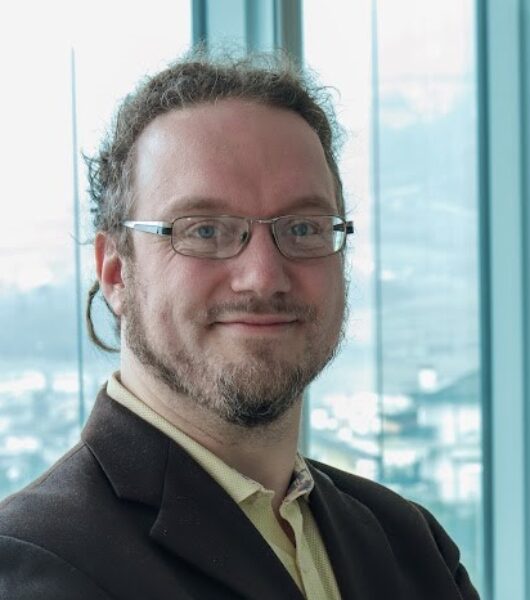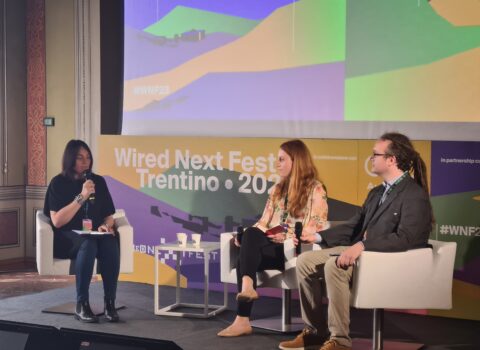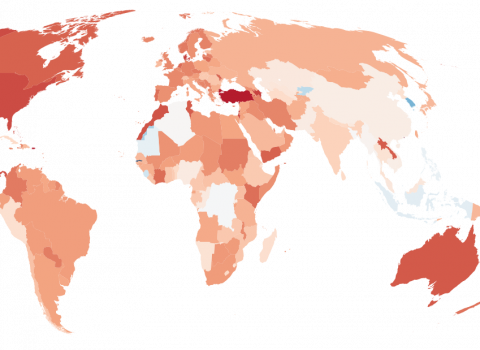
Understanding Misinformation and Science in Societal Debates
In a new research project, we explore the interaction between misinformation and science on social media during COVID-19. The UnMiSSeD project brings in not only computational social sciences but also media and communication studies and has clear connections to science communication.
The past few years have shown that science continues to play a large role in societal debates, with COVID-19 being a prime example. In many debates, scientific studies are used as evidence for arguing against or for certain positions. In addition, scientists themselves are involved in debates and take up certain positions. At the same time, societal debates are sometimes surrounded by mis/disinformation, ranging from the misinterpretation of research results to the purposeful circulation of incorrect results. Evidence of research that counters such mis/disinformation may be mistrusted, or mischaracterised.
There is little information of the dynamics of interaction between science and mis/disinformation. Clearly, science contributes to building a solid knowledge-base of our world, its challenges and their potential solutions. However, whether science is able to help diminish or correct misinformation is not clear.
We are excited to start a new project on Understanding Misinformation and Science in Societal Debates (UnMiSSeD).
In this project, we will study the interaction between misinformation and science during the COVID-19 pandemic using both quantitative and qualitative approaches.
Our quantitative analyses will be limited to Twitter (now X), based on more than a billion tweets posted during the COVID-19 pandemic, combined with information on the scientific publication discussed in these messages.
We will go beyond Twitter in our qualitative analyses to explore how discussions permeate the porous boundaries of social media.
The project is supported by the European Media and Information Fund (Grant: €398,913.12).
The project coordinator is the Centre for Science and Technology Studies (CWTS), Leiden University. We will also collaborate with the University of Geneva.
Riccardo Gallotti, Head of FBK’s Complex Human Behavoiur Lab (CHUB), is also leading the european consortium of AI4TRUST Horizon Project (ongoing, from Jan. 2023 to March. 2026): AI-based-technologies for trustworthy solutions against disinformation.
In 2020, he collaborated in the developement of the Covid-19 Infodemics Observatory (financed by World Health Organization).
In the UnMiSSeD we will try to answer questions such as:
- Does scientific information establish a common evidence base for the various “sides” in a societal debate?
- Does scientific information lead to a convergence or to a divergence of opinions?
The UnMiSSed project provides unique information to identify and characterise different actors and the role of science in societal debates.
The results of the project are expected to support evidence-based strategies to counter misinformation dynamics in societal debates where science plays a crucial role.
If you would like to learn more about the background of this project, you can find additional information in the blog post by our collaborators from CWTS.
The sole responsibility for any content supported by the European Media and Information Fund lies with the author(s) and it may not necessarily reflect the positions of the EMIF and the Fund Partners, the Calouste Gulbenkian Foundation and the European University Institute.





